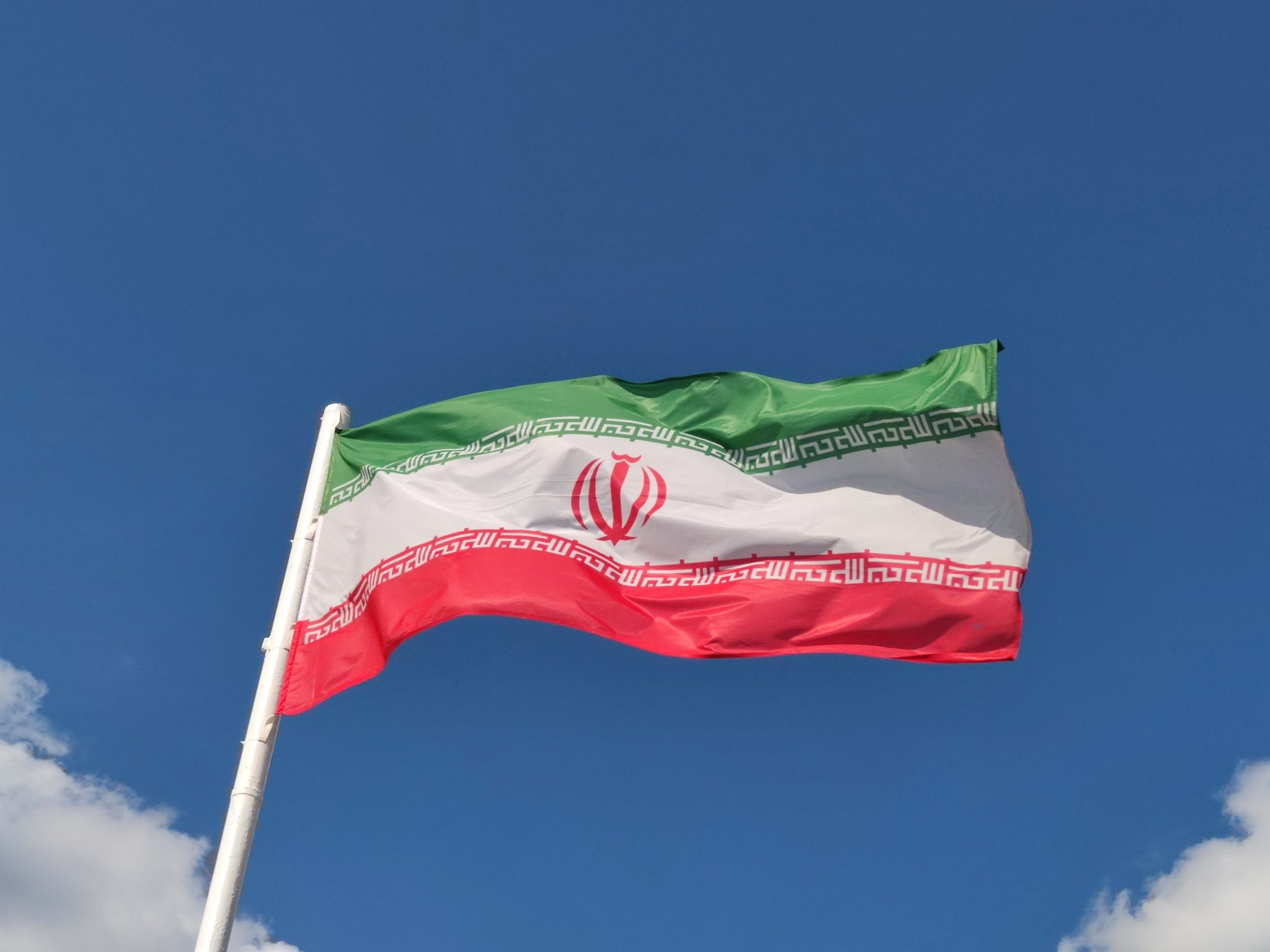Qatar’s government intervened to address protests by security guards that sprouted in various locations last week after yet another company violated the law.
Hundreds of security guards working for Qatar Security Services (QSS) launched protests at various locations on Wednesday, prompting authorities to investigate the employer for allegedly violating Qatar’s new labour laws.
According to sources who spoke to Doha News, the protests sprouted up across different locations including Al Khor, Abu Nakhla, and Umm Slal.
Doha News received dozens of messages and media since Wednesday evening when the movement first erupted at labour camps. Footage and images showed hundreds of workers marching through the camps before authorities then arranged for buses to transport them to file complaints.
“We are protesting over violation of salary according to Qatar’s labour law,” a QSS worker told Doha News.
The workers at the time revealed they had not received payments for overtime work, and demanded their right for days off.
Read also: Qatar says labour reforms ‘far from complete’ following Amnesty ‘Reality Check’ migrant report
In a statement to Doha News, Qatar’s Government Communication Office (GCO) confirmed “the Ministry of Administrative Development, Labour and Social Affairs (ADLSA) summoned the company’s authorised signatory and the company has pledged to rectify all grievances immediately.”
The GCO also stressed that “the authorities are monitoring the situation closely and will take corrective action if necessary to ensure the company is operating in accordance with Qatar’s labour laws.”
Under the new contract provided by the company, workers are to receive QR 1,000 [275 USD] as basic salary – in line with the minimum wage – as well as QR 300 per month for food allowance. Accommodation is also provided by the security company.
According to sources, the company made its workers sign a contract that states they are receiving the basic salary, however a worker said “our company did not give us half of it.
“The manager is threatening us to send us back home [their country] if we talk too much or complain to any authority,” one of the employees revealed.
A source revealed that workers tried to voice their concerns to the company’s headquarters multiple times, however the latter threatened them with a termination of contracts and deportation.
“The company hired a lawyer who creates obstacles to getting justice.”
However, the GCO said “the government reminds all companies of their legal responsibility to comply with the minimum wage law enforced in March 2021.
“Punishments for violating the law include the suspension of operations, financial penalties and prison sentences,” it added.
Authorities assured no one is above the law and warned local companies will be strictly dealt with in case of law violations.

“After demonstrating for three days, the company boss went to each camp promising to add some money the following day so we are now back at work. The company apologised to us,” one person told Doha News.
Historic labour reforms
Last year, Qatar introduced the region’s first ever non-discriminatory minimum wage as part of a major ‘historic labour reform’ programme.
In addition to the minimum monthly basic wage of 1,000 Qatari riyals QR (275 USD), the new legislation stipulates that employers must pay allowances of at least QR 300 for food and QR 500 for housing, should employers not provide workers with these directly.
As part of the major labour reform agenda, Qatar has drastically enhanced monitoring across the board to detect violations, enacting swifter penalties and further strengthening the capacity of labour inspectors, according to an announcement made by the Government Communications Office (GCO).
Employers who pay their staff less than the minimum wage will face one-year in jail and a QR 10,000 fine.
Read also: Qatar says labour reforms ‘far from complete’ following Amnesty ‘Reality Check’ migrant report
In March, the GCO also said that since the reforms and new minimum wage were announced in September 2020, some 5,252 companies with a total of 222,042 workers have already updated their payroll systems.
Read also : Security company faces penalty for breaking Qatar labour law
The labour reforms also include the dismantling of the controversial “kafala” or sponsorship system, becoming the first country in the region to do so.
Workers are no longer required to obtain an exit permit to leave the country, or a No Objection Certificate (NOC) to request permission from former employers to change jobs.
In an exclusive interview with Doha News , senior International Labour Organisation (ILO) official, Houtan Homayounpour said more work needs to be done to ensure the protection of workers in Qatar, though authorities should be recognised for the work that has gone into making these changes.
Follow Doha News on Twitter, Instagram, Facebook and Youtube







